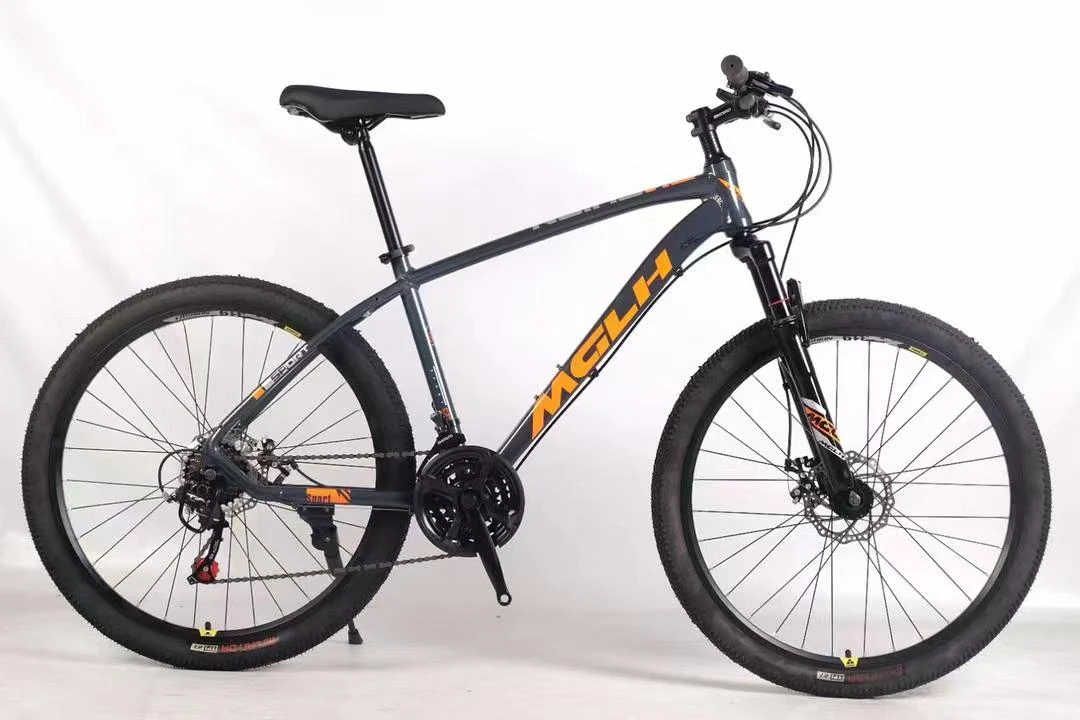Nov . 18, 2024 15:57 Back to list
how to fix a derailleur on a mountain bike
How to Fix a Derailleur on a Mountain Bike
Maintaining your mountain bike is essential for a smooth and enjoyable ride, and one of the critical components that often requires attention is the derailleur. The derailleur is responsible for shifting gears, allowing you to adjust your bike’s resistance to match your terrain. Here’s a comprehensive guide on how to fix a derailleur on a mountain bike.
Understanding the Derailleur System
Before diving into repairs, it’s essential to understand how the derailleur works. There are two main types of derailleurs the front derailleur and the rear derailleur. The front derailleur shifts between chainrings, while the rear derailleur changes the chain's position among the cogs on the cassette.
The derailleur is connected to the shifters on your handlebars via cables. When you press the shifter, it pulls the cable, which then moves the derailleur, changing the gear. If the derailleur isn’t functioning correctly, you may experience skipping gears, difficulty shifting, or even chain derailment.
Common Issues with Derailleurs
1. Misalignment Often, derailleurs can become misaligned due to impacts or regular wear and tear. 2. Cable Tension If the cable is too loose or too tight, it affects shifting performance. 3. Dirty or Worn Components A dirty derailleur can cause sluggish performance, while worn components may need replacement. 4. Bent Hanger The derailleur hanger might be bent after a fall, affecting alignment.
Tools You’ll Need
- Phillips screwdriver - Allen wrenches (usually 5mm or 6mm) - Cable cutters - A clean rag - Lubricant (bike-specific oil)
Step-by-Step Repair Guide
how to fix a derailleur on a mountain bike

1. Inspect the Derailleur Begin by inspecting both the front and rear derailleur for any visible damage or misalignment. Check the derailleur hanger for any bends and apply gentle pressure to straighten it if necessary.
2. Check Cable Tension Shift through the gears and note any issues. If the bike struggles to shift to the larger chainrings or cogs, the cable tension might be off. Adjust the tension by locating the barrel adjuster on the rear derailleur. Turn it clockwise to decrease tension or counterclockwise to increase it.
3. Adjust Limit Screws The derailleur has two limit screws (often marked ‘H’ for high and ‘L’ for low). These determine how far the derailleur can move. If the chain overshifts or undershifts, use a screwdriver to adjust these screws. Tightening the screws decreases the movement range.
4. Clean and Lubricate Wipe down the derailleur with a clean rag to remove dirt and debris. Apply a small amount of bike-specific lubricant to the pivot points to ensure smooth operation.
5. Cable Replacement If the cable is frayed or damaged, it’s best to replace it. Begin by cutting the old cable with cable cutters and detaching it from the shifter and derailleur. Feed the new cable through the shifter and the derailleur, ensuring it’s threaded correctly. Adjust the tension as needed.
6. Final Check Once you’ve made adjustments, shift through all the gears multiple times to ensure everything functions smoothly. Make further micro-adjustments to the cable tension and limit screws as necessary.
Preventative Maintenance
To avoid future derailleur issues, regularly clean your bike, check the derailleur alignment, and inspect cables for signs of wear. Consider periodic tune-ups, especially if you ride frequently or in challenging conditions.
Conclusion
Fixing a derailleur on a mountain bike may seem daunting, but with a little knowledge and the proper tools, it can be manageable. Regular maintenance and prompt repairs will ensure a better riding experience and prolong the life of your bike. Stay safe and happy riding!
-
Discover Top E Bike Brand Insights, Specs & Future Trends | Yanline Bike
NewsNov.24,2025
-
Green E Bike – The Future of Sustainable Urban Mobility
NewsNov.24,2025
-
Ruffian eBike: Durable, Efficient Electric Bikes for Modern Mobility
NewsNov.23,2025
-
Comprehensive Guide to the Global E Bike Market and Future Trends
NewsNov.23,2025
-
Understanding Electric Bicycle Range: A Complete Guide for Smarter E-Bike Use
NewsNov.22,2025
-
Ceron Electric Bike – Efficient, Sustainable Urban Mobility Solutions
NewsNov.22,2025
-
Discover the Benefits and Innovations of Go Ebike | Sustainable Urban Mobility
NewsNov.22,2025




